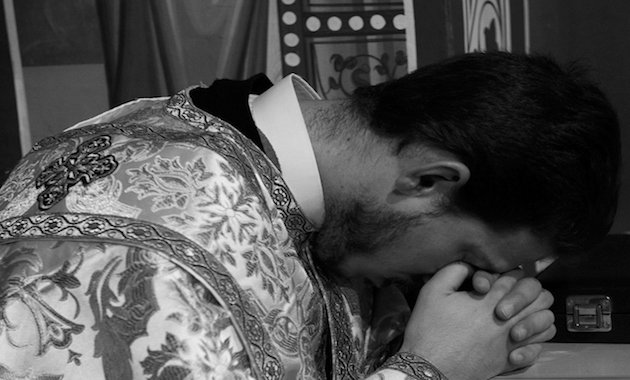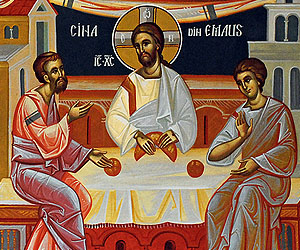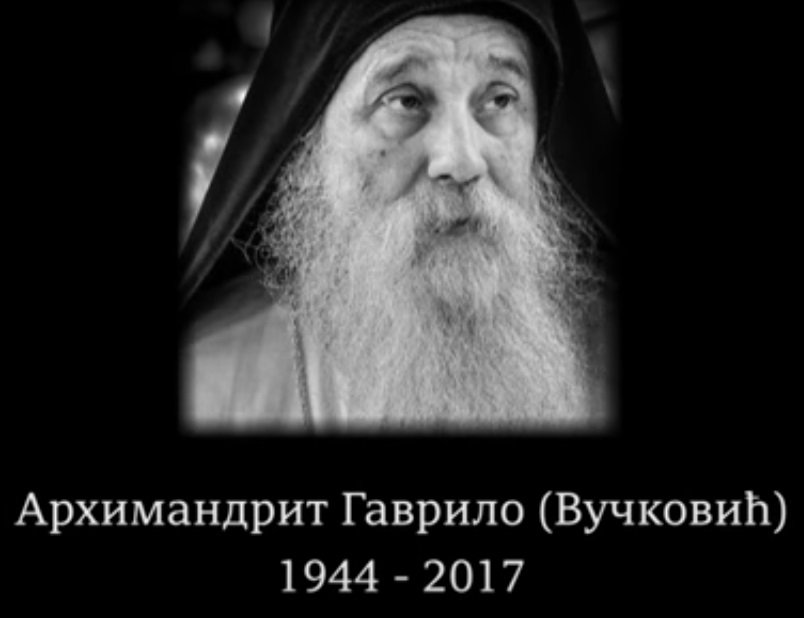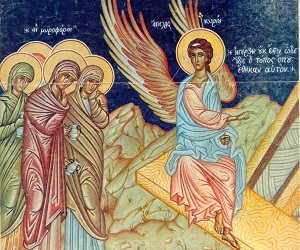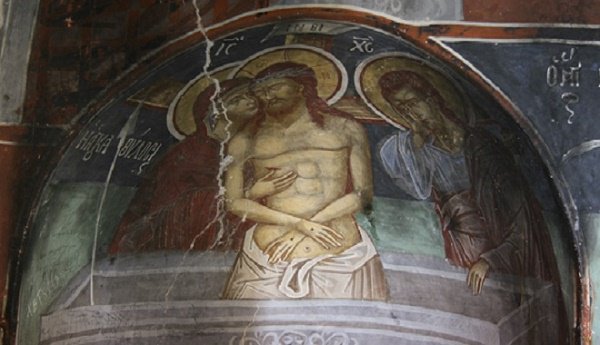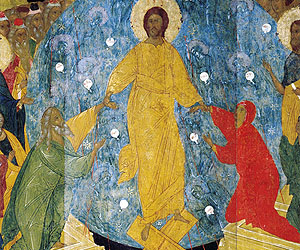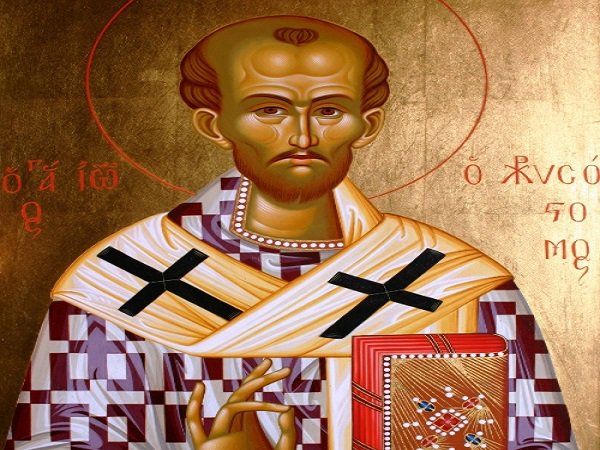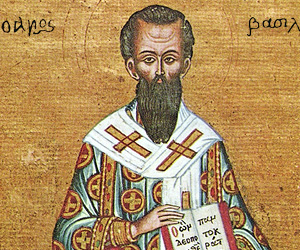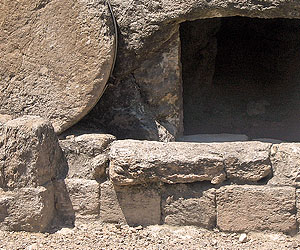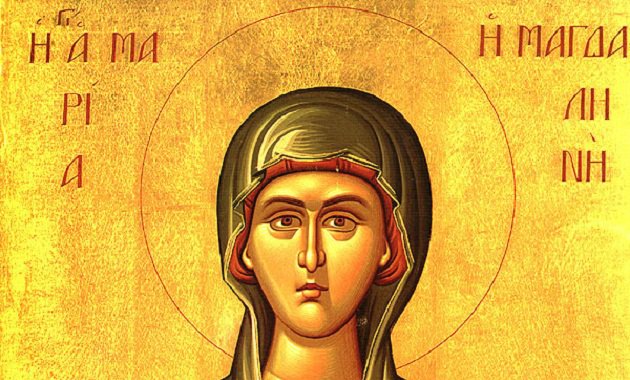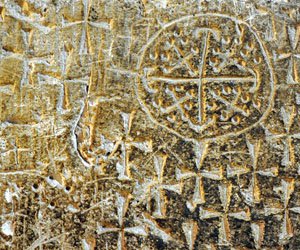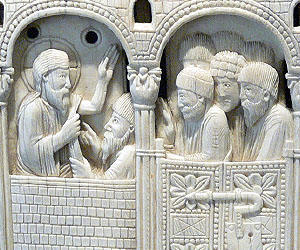
How we react Every time we have any feast in our Church, we celebrate the mystery of our salvation. The purpose of the feast is to glorify God for His boundless mercy, His goodness and His interest in us. We see this love of His from a different point of view at every feast. But all the feasts are aimed at opening our minds and hearts so that we can understand the great mystery of veneration and of our salvation. Today the event which we’re celebrating and observing is something that makes us people really angry and annoyed. Why? Because usually we don’t feel like showing understanding (not to say care, goodness and kindness, but not even understanding) when we hear people objecting to ...



